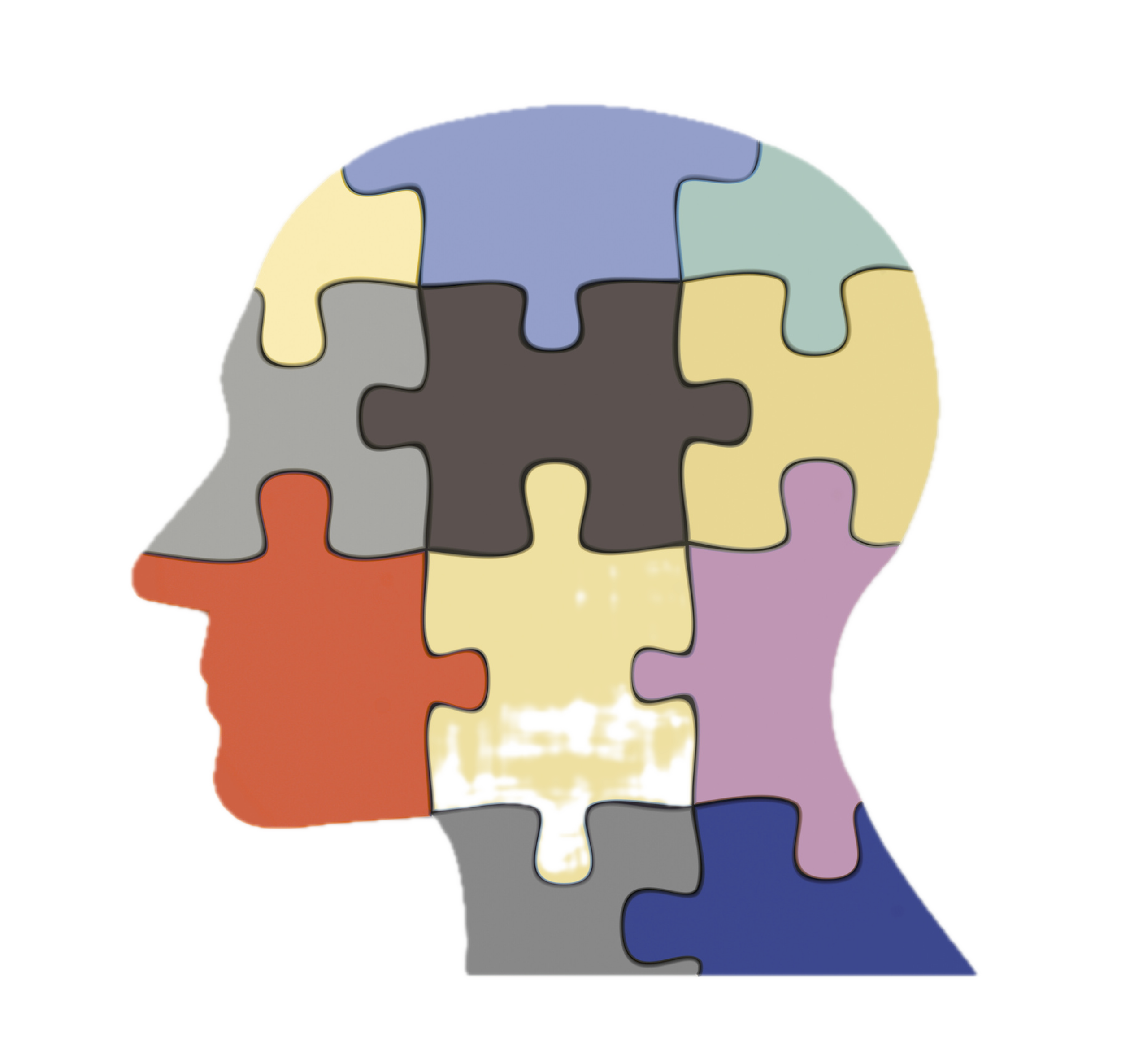
Autism Evaluations
Most of our services are offered in person, conveniently located in Midtown Manhattan, and online.
Bilingual services for Spanish speakers
What does an Autism evaluation look like?
Typically, we’ll start with an interview to get to know you and your history a bit better. After that, your clinician will select the appropriate tests to evaluate your functioning. Usually, we have two testing sessions one week apart. Testing can range from
Then your clinician will integrate all the information they gathered into a report. The results will be shared with you in a feedback session, where you'll have the chance to ask questions and learn about practical ways to use these results in your daily life.
A comprehensive evaluation offers a detailed view of your current functioning, including areas of strength and weaknesses. In addition, this type of evaluation will ensure that other possible reasons for some of the issues you’re experiencing are explored. This means that you will receive an accurate diagnosis that takes into account other mental health issues that are highly frequent in autistic folks as well as issues that are often confused with autism.
Last, but not least, you will receive a list of personalized recommendations that are based on your unique makeup. Some of these recommendations may include specific types of treatment that have been evaluated to be effective for autistic people, ways to communicate the information in the report to loved ones or coworkers, ways to modify your environment to make it less overwhelming or more stimulating, etc. These recommendations are centered around all your specific strengths, giving you a clear path forward for growth.
How can testing be helpful to me?
Autism is a neurodevelopmental difference that is present from birth and often diagnosed in childhood.
What Autism can look like:
Autism is characterized by deficits in language development, and social development and can also include unique sensory preferences and interests. However, some people learn to mask symptoms of autism as they get older and social demands increase. This is particularly common in girls and women, but it can also happen in men. This can make arriving at a diagnosis early much more challenging. When autism is missed in childhood, autistic folks can feel isolated, frustrated, and with negative views of themselves that stem from a lack of understanding of their unique makeup.
While these are just some of the characteristics we see in adults who come to us for autism evaluation, it’s really important to understand that autism can look vastly different from one person to another. This means every individual will have particular areas they find really challenging, but they will also have other areas in which they have clear strengths. It’s also important to note that, with all the information being shared in social media about mental health, and neurodiversity in particular, lots of people are led to believe that they may have autism because of the way they behave socially. However, social awkwardness and many other autistic traits and behaviors can have other causes.
Autism Evaluations at PACS
Most adults coming to us for autism testing do so because they find themselves consistently struggling in social situations, often saying they want to make friends and/or date but feel lost or overwhelmed in those situations. They also will mention they have a hard time reading people or being able to read between the lines and have a tendency to take things too literally. Others might describe them as rigid, awkward, too direct, too honest, or too blunt. Some of these behaviors can be interpreted as rude by neurotypical people who are not aware of the person’s autism.
You can also email us at info@pacsnyc.com for more information.
-
Schedule a free consultation and one of our staff members will ask about your reasons for seeking an evaluation, and your availability, and help you navigate financial details. It takes about 15-20 minutes and you can book it right now.
-
Once you’re ready to pursue the evaluation, we’ll send you some initial paperwork to review and complete and send you a full schedule with all the dates and times you’ll need to be available.
-
This is a diagnostic interview that is designed to gather a wide range of information about your development and history.
-
Your evaluator will orient you to what tests you’ll need to complete and whether you’ll need to come in in person or do them over telehealth. Typically, 2 testing sessions lasting 2 hours each are required.
-
We ask everyone we evaluate to give us permission to interview someone who knows them well. This helps us get an understanding of the person we’re evaluating from a different perspective. This is usually a short conversation, over the phone, lasting about 30 minutes or so.
-
Testing can be hard work! Now we’ll take all the information we’ve gathered and integrate it into a report that you’ll receive at the end of the process.
This takes 2-3 weeks to complete.
-
This is the best part! We’ll invite you to come in for a feedback session where we’ll review our findings, share any diagnoses we’ve uncovered, explain what everything means, and give you tailored recommendations based on what we’ve learned about you.
Step-by-Step Testing Process
*If you are a licensed professional or practitioner, or would like to refer a client, please schedule a time to speak with us here.




